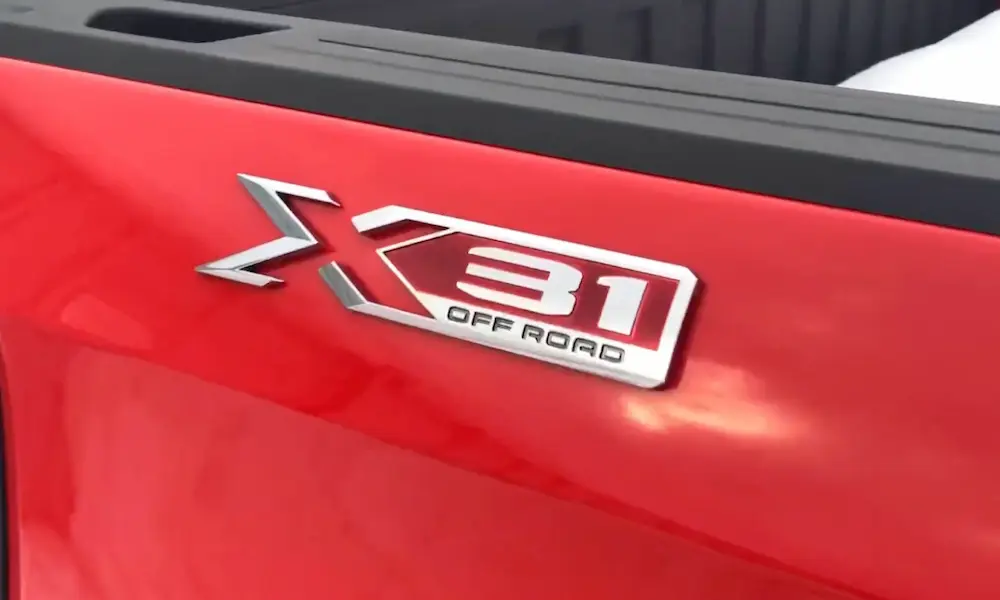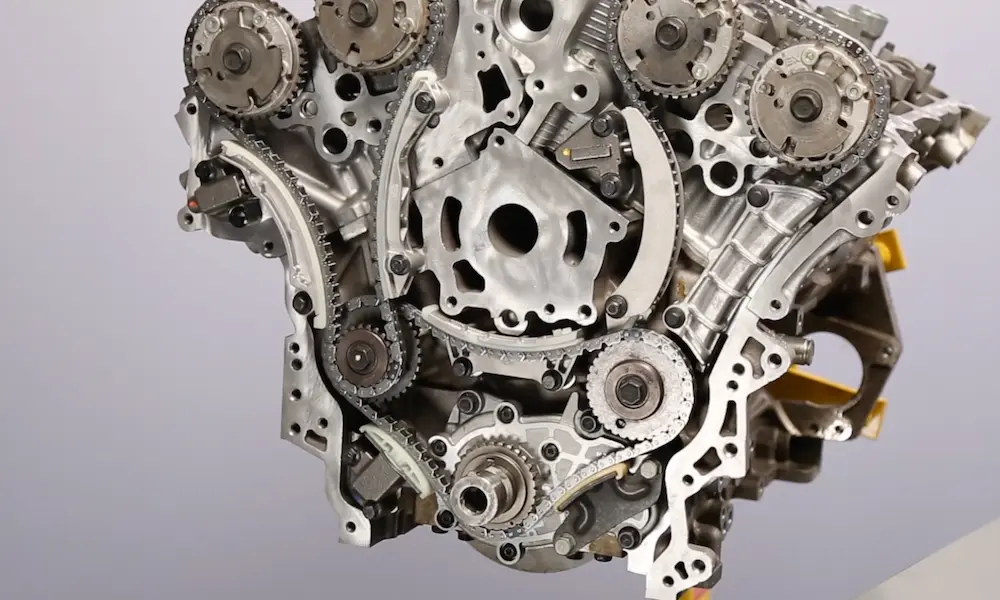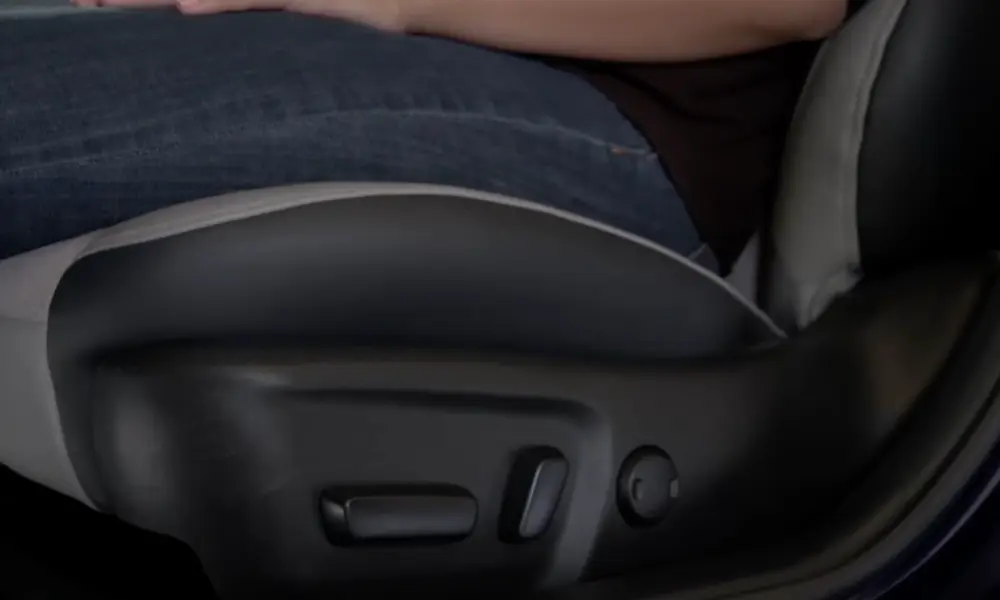Facing issues with your Allison Transmission Control Module (TCM)? You’re not alone. Many drivers experience problems with this essential component, which regulates the electronic aspects of your vehicle’s transmission to improve performance and efficiency.
Some common issues with the Allison TCM include “limp mode,” where the transmission locks itself into third gear to prevent further damage, and communication errors with other parts of your vehicle’s system. Learning about these potential issues can help you take action in case you encounter them, ensuring a smooth and safe driving experience. Don’t worry, as we’ll delve deeper into each problem and how to address them in the following sections.
Signs of Allison Transmission Control Module Problems
Shifting Issues
If you’re experiencing hard or erratic shifting in your transmission, it could indicate a problem with the Transmission Control Module (TCM). The TCM is responsible for regulating gear changes, so any issues with shifting may be related to a faulty TCM. Make sure you address these shifting issues promptly, as they can lead to further damage to your transmission’s internal components and even your driveshaft U-joints.
Limp Mode
Limp mode is a safety feature that locks your Allison transmission in third gear to protect it from potential damage. This mode is triggered by factors such as severe overheating, towing a very heavy load, or other issues that could cause damage to the transmission. If your vehicle goes into limp mode, it might be a result of a TCM malfunction.
Transmission Warning Light
The Check Engine Light or a specific Transmission Warning Light on your dashboard can be an indication of a problem with your TCM. When these lights come on while there are symptoms of shifting trouble, it’s crucial to have your transmission checked by a professional. Ignoring these warning signs can lead to more extensive damage down the line.
Poor Fuel Economy
A malfunctioning TCM can also impact your vehicle’s fuel economy. The TCM is responsible for optimizing the transmission’s performance, so if it’s not functioning properly, the overall efficiency of your vehicle may decrease. Keep an eye on your gas mileage, and if you notice a significant drop, it may be time to have your TCM inspected.
Stuck in Gear
Getting stuck in a specific gear is another sign of a potential TCM issue. When your vehicle fails to shift gears or gets stuck in one gear, it could be a result of a malfunctioning TCM. Addressing this problem as soon as possible can help prevent further damage to your transmission.
High Temperatures
Lastly, high transmission fluid temperatures may indicate a problem with your TCM. Excessive heat can be harmful to your transmission and could be a sign that the TCM isn’t adequately controlling the transmission’s performance. Regularly monitor your transmission fluid temperature to ensure that it stays within the appropriate range, and consult a professional if you notice high temperatures persistently.
Common Codes Related to Control Module Problems
When dealing with Allison transmission control module problems, it’s important to familiarize yourself with some common codes related to this issue. In this section, we will discuss two specific codes: U0101 and T14.
U0101
The U0101 code is associated with lost communication between the Transmission Control Module (TCM) and other system components. This can result in various transmission issues, including limp mode and gear shifting problems. Some potential causes for this code can include wiring problems, a faulty TCM, or even other components interfering with communication between the TCM and other parts of the vehicle.
To resolve the U0101 code, you should first inspect the wiring and connections in your vehicle’s transmission system. Make sure everything is securely connected and free of corrosion or damage. If you find any issues, repair or replace the affected components as needed. If the wiring and connections appear to be in good condition, move on to checking other components such as the TCM and ECM. They might need to be reprogrammed, updated, or replaced in some cases.
T14
The T14 code is linked to the Allison A50 TCM failure, which can result from a variety of factors. Some common diagnostic trouble codes (DTCs) related to this failure include U0101, U0100 and P0700. In most cases, problems with the T14 code can be traced back to the TCM itself, necessitating repair or replacement.
Addressing the T14 code requires determining the root cause of the problem. First, check your vehicle’s Diagnostic Trouble Codes (DTCs) to see if any additional codes are present alongside the T14. This can provide valuable information on potential issues with the TCM or other related components. If needed, consult a qualified technician for further diagnosis and repair.
By understanding these common codes related to Allison transmission control module problems, you can better identify the issue at hand and take appropriate action to correct it. Keep in mind that these are just two examples of codes that may arise; always consult a professional technician if you are unsure how to proceed.
Specific Models and Related Transmission Control Module Problems
GMC and Chevrolet Trucks
From 2008 to 2015, General Motors produced several years of GMC and Chevrolet trucks with a faulty transmission control module (TCM). The affected vehicles include the Chevrolet Silverado and GMC Sierra 2500 & 3500 series trucks. These trucks with the 6.6 L Duramax engine experienced a high failure rate of the TCM, which is part number 24256861. This caused a variety of transmission-related issues, including:
- Loss of communication with the TCM
- Intermittent transmission hesitation
- Reduced torque
- Range inhibit
- Clunk noises
- Stuck in gear or neutral
- Won’t shift
- Diagnostic Trouble Codes (DTC) P0880 and/or U0101
Allison 1000 Transmission
The Allison 1000 transmission was used in these affected GMC and Chevrolet trucks. This transmission has a feature called “limp mode,” which locks itself into third gear when it detects any potential issue that could cause severe damage. Some common triggers for limp mode are:
- Severe overheating
- Very heavy load
- Incorrectly hooked up TCM module
2500 and 3500 Series Trucks
The 2500 and 3500 series trucks equipped with the Allison 1000 transmission and the Duramax engine are prone to TCM failure and related transmission issues. If you own one of these trucks and experience any transmission problems, it’s important to have it checked by a professional mechanic. They can diagnose the issue, determine if it’s related to the TCM, and provide the necessary repair solution. In many cases, a software update or TCM replacement may be required to fix the issue.
Diagnostic and Repair Procedures
Programming the Control Module
Programming your Allison Transmission Control Module (TCM) is crucial to keep it up-to-date and functioning properly. You will need specialized training, precision equipment, and many hours of work to perform this task successfully. A professional service technician can help you with this task to ensure optimal results.
Checking Fuses
Inspecting the fuses of your Allison TCM is essential when diagnosing problems. A blown fuse may lead to power failure and transmission issues. Locate the fuse panel in your vehicle and check all the pertinent fuses associated with the TCM. Replace any damaged fuses and evaluate whether this fixes the issue.
Inspecting Vacuum Lines
Your vehicle’s vacuum lines are important for transmission performance. Loose or damaged vacuum lines can cause poor engine performance and shifting problems. Begin by checking the vacuum lines near the transmission, ensuring there are no cracks or abrasions. Repair or replace any damaged lines and observe if this improves your vehicle’s performance.
Scanning for Trouble Codes
The easiest way to identify potential issues with your Allison TCM is by scanning for trouble codes. Using a diagnostic scan tool, you can read any Diagnostic Trouble Codes (DTCs) stored in the system. Common codes for Allison TCMs include P0604 (Internal Control Module RAM Error) and P0605 (Internal Control Module). Once you have identified the issue through the trouble code, you can research the appropriate repair procedures to address the problem.
Remember to always consult a professional service technician when assessing and attempting repairs on your Allison Transmission Control Module. Proper diagnosis and repair can help ensure the smooth operation and prolonged life of your transmission.
Cost Factors in Fixing Allison Transmission Control Module Problems
When dealing with Allison Transmission Control Module (TCM) issues, you should be aware of the costs involved. This section will discuss the two main cost factors: Labor Costs and Replacement Parts.
Labor Costs
The labor costs for fixing an Allison TCM problem depend on the repair shop and the time it takes to diagnose and make the necessary repairs. On average, labor costs can range from $100 to $200 per hour. Keep in mind that this is just a ballpark estimate and can vary depending on the complexity of the repair, the experience of the mechanic, and your location.
It’s important to do your research and find a reliable repair shop, preferably one that specializes in Allison transmissions or the specific vehicle you have. This way, you can ensure that the mechanic is familiar with the TCM problem and can effectively address it.
Replacement Parts
Another significant cost factor when fixing an Allison TCM problem is the cost of the replacement parts. Transmission control modules can range in price from $200 to $1,000, depending on the make and model of your vehicle. If the issue with your transmission lies within the TCM, replacing the module might be necessary.
In some cases, however, the problem may be caused by a different component or sensor within the transmission system. This is why it’s crucial to have a skilled mechanic evaluate the issue to determine the best course of action. The cost of these other components or sensors can vary greatly, but being aware of the potential costs can help you prepare for the repair process.
When budgeting for your Allison TCM repair, be sure to factor in both labor costs and replacement parts. By understanding the associated costs, you can make informed decisions as you address any transmission control module problems your vehicle may be facing.
Conclusion
The Allison Transmission Control Module plays a crucial role in ensuring your vehicle’s transmission operates smoothly. Unfortunately, it can experience problems that affect your driving experience.
One common issue you might encounter is the limp mode in the Allison 1000 model. In this mode, the transmission locks itself into third gear, which happens when severe overheating or towing a very heavy load is detected.
It is also possible that you may face loss of communication with the TCM, resulting in symptoms like transmission hesitation, reduced torque, and difficulty shifting gears. To address these issues, you can inspect for electrostatic discharge from aftermarket serpentine belts and/or added equipment, install OEM belts, or relocate the TCM.
Maintaining your vehicle’s transmission and addressing these common Allison Transmission Control Module problems will help you enjoy a seamless driving experience.










